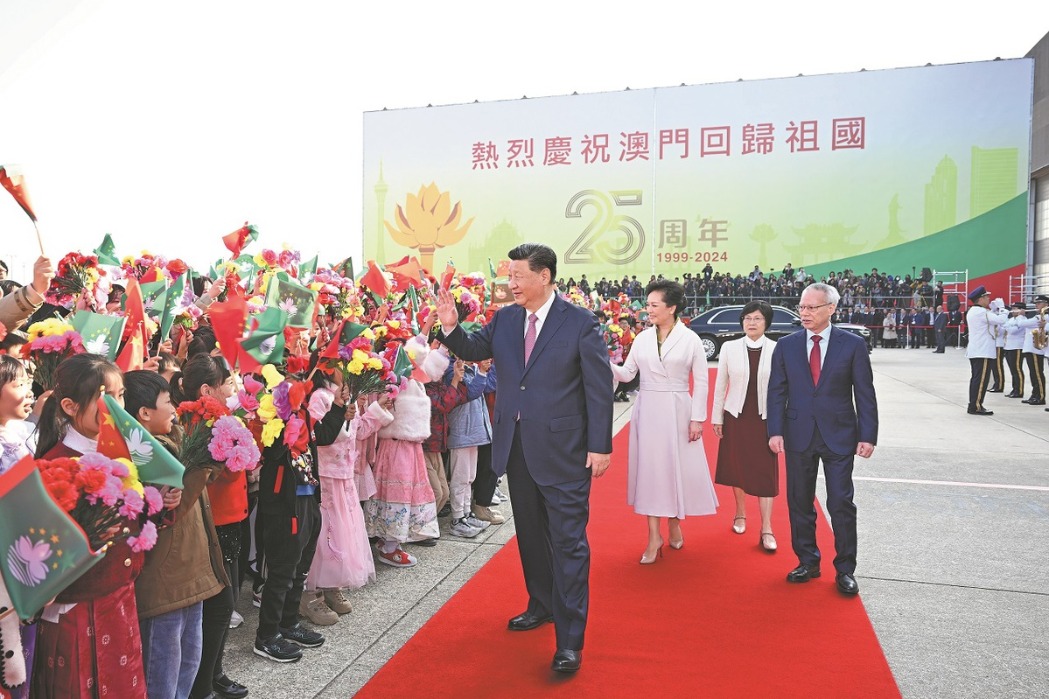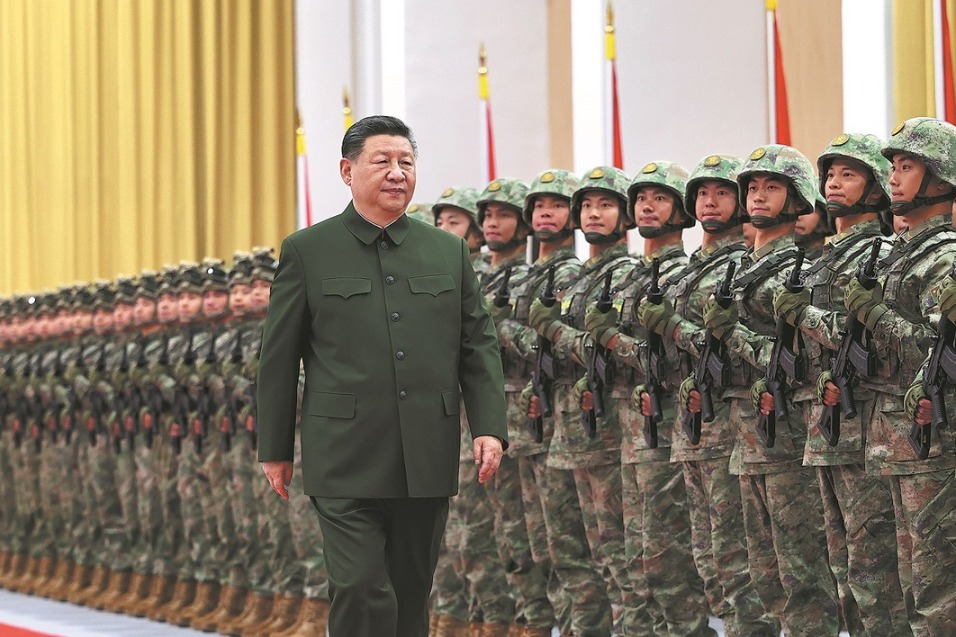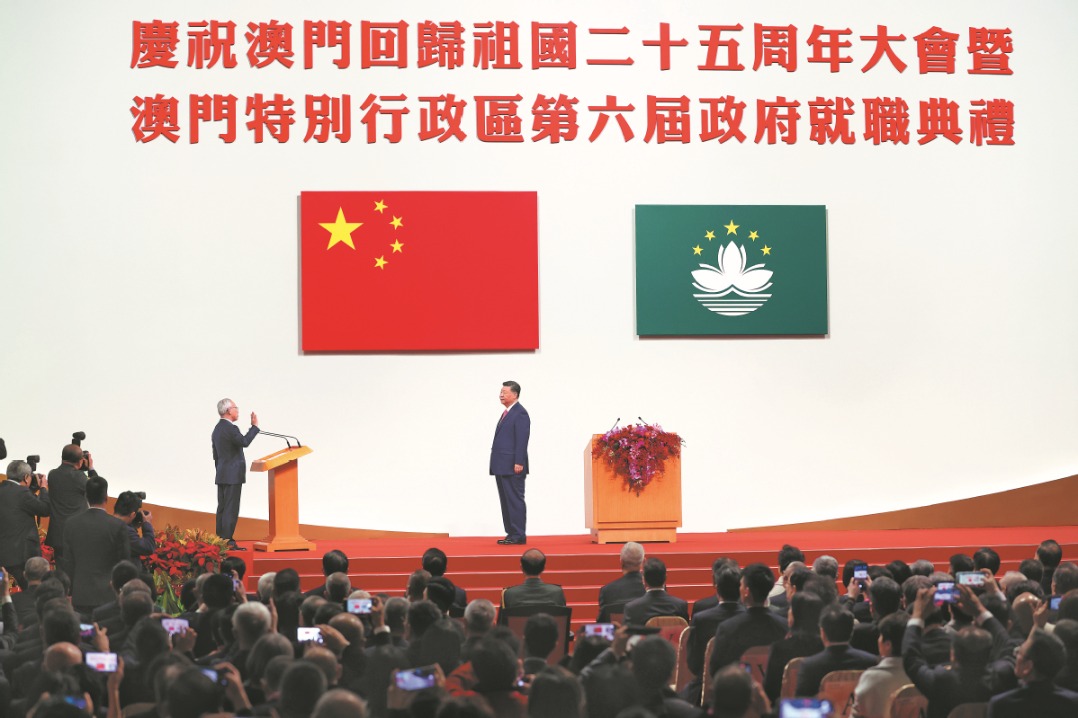Plenary session paves path for even greater success


For my parents’ generation, the founding of the People’s Republic in 1949 brought a great sense of pride — that the Chinese people had stood up as Chairman Mao Zedong declared in Tiananmen Square.
Gone were the days of a century of humiliation by Western powers which forced unequal treaties upon China. Even the poorly equipped Chinese Voluntary Army was not afraid to fight the mighty US military in the bloody Korean War (known in China as the War to Resist US Aggression and Aid Korea) after the United States ignored China’s stern warning to not cross the 38th parallel.
For my generation, the reform and opening-up that have fundamentally transformed China in so many ways over the past four decades and turned the country into the world’s second-largest economy in nominal GDP terms and the largest in purchasing power parity terms are nothing short of the proverbial magical wand.
China’s nominal GDP was almost the same as India’s back in 1987. But in 2020, China’s GDP was 5.7 times that of India. China has not just become the world’s manufacturing powerhouse, it is also a global leader in high-tech, from 5G and artificial intelligence to clean technology including solar and wind energy and electric vehicles.
If China’s infrastructure facilities were typical of a poor developing country in the late 1970s, they are now the envy of the world. The world’s longest high-speed railway network, and largest ports and subway systems are all in China. In fact, the world’s largest port and longest subway system are both in my home city of Shanghai, and the world’s busiest high-speed railway is the one between Shanghai and Beijing.
With the Sixth Plenary Session of the 19th Central Committee of the Communist Party of China, held from Monday to Thursday, adopting the Resolution on the Major Achievements and Historical Experience of the Party over the Past Century, there is so much to celebrate.
Reform and opening-up launched after the Third Plenary Session of the 11th CPC Central Committee in 1978 unleashed the huge potential of the Chinese people to achieve economic development. So only the insane will believe that China may abandon the policy that has benefited not only the China but also countries all over the world, as China has been a major driver of global growth for years.
China’s recent application to join the Comprehensive and Progressive Agreement for Trans-Pacific Partnership, its participation in the Regional Comprehensive Economic Partnership that will take effect on Jan 1, its conclusion of negotiations with the European Union on the Comprehensive Agreement on Investment, the fact that China was the largest recipient of foreign direct investment in 2020, and the recently concluded Fourth China International Import Expo in Shanghai are just the latest testimony to its continued commitment to reform and opening-up, despite some critics’ claim otherwise.
China has made great strides in its economic transition in the past decade, shifting to a more sustainable and higher-quality development path. President Xi Jinping’s catchphrase, “l(fā)ucid waters and lush mountains are invaluable assets”, reflects China’s new development philosophy that has become popular among the Chinese people. The Chinese people’s level of satisfaction with their government, according to surveys conducted by Harvard University and Pew Research Center, are so high that Western leaders can’t even dare to think of getting such high approval ratings.
But running a country of 1.4 billion people, or one-fifth of humanity, is no easy job. There is always room for improvement.
The good news is that the sixth plenary session has pledged to further deepen reform and opening-up, advance higher-quality development, uphold the rule of law, fight corruption, promote common prosperity, and build a harmonious relationship between people and nature, which will ensure China achieves greater success in the decades to come.
The author is chief of China Daily EU Bureau based in Brussels. chenweihua@chinadaily.com.cn
































